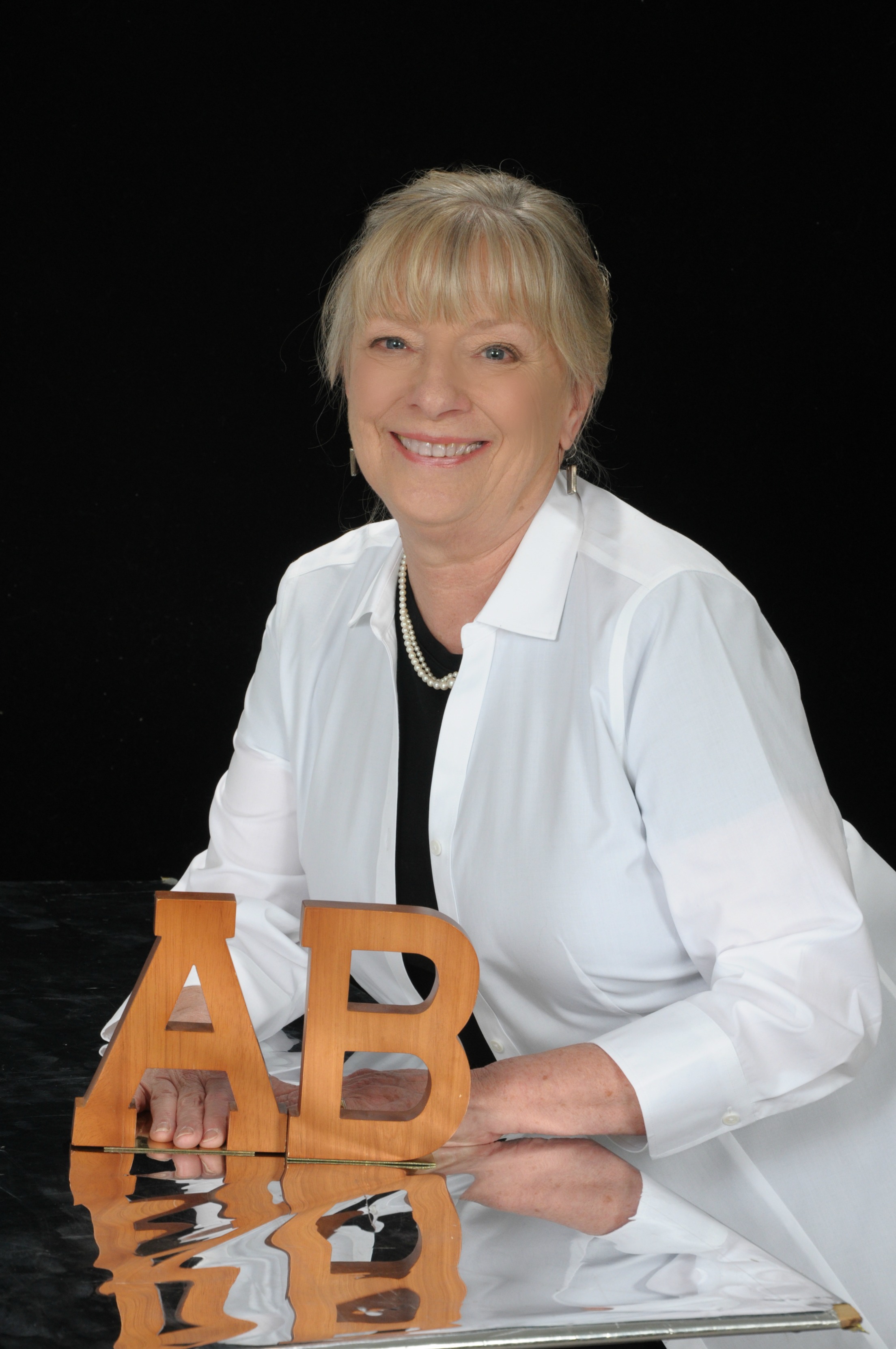Yes, I know. The first thing about this word is its pronunciation. For the record, it’s – and this is my version – pair-a-prose-doke-e-an. If you look it up you see something like /paerepros’doukien/.
Second, Wikipedia tells us all about its etymology. Paraprosdokian comes from the Greek, but is not a term of classical Greek or Latin Rhetoric. In fact, it was first used in 1896, long after the Greek and Latin eras.
So . . . you probably want to know what a paraprosdokian is. Well, it’s grammatical construct – again according to Wikipedia – “the latter part of a sentence, phrase, or larger discourse is surprising or unexpected in a way that causes the reader or listener to reframe or reinterpret the first part.”
While this definition is accurate, perhaps examples explain it better.
“I’ve had a perfectly wonderful evening, but this wasn’t it.” – Groucho Marx
“He taught me housekeeping; when I divorce I keep the house.” – Zsa Zsa Gabor
“When I was a kid my parents moved a lot, but I always found them.” – Rodney Dangerfield
“There are three kinds of people in the world – those who can count and those who can’t.” – Unknown
“Always remember my grandfather’s last words: “A truck!” – Emo Phillips
Even though I consider myself knowledgeable about many types of word play, the term “paraprosdokian” was new to me. I bet it’s new to you too.
For more, visit https://en.wikipedia.org/wiki/Paraprosdokian#Etymology or https://www.yourdictionary.com/articles/paraprosdokian-funny-sentences.







Leave a Reply